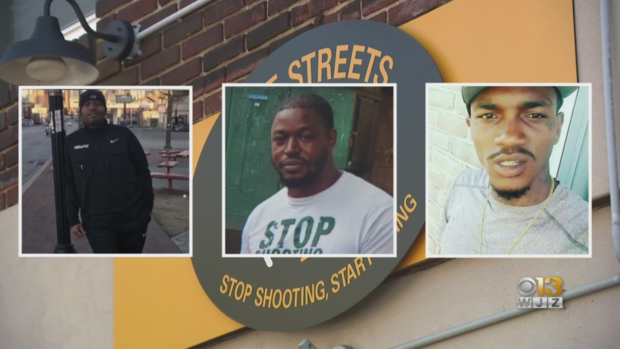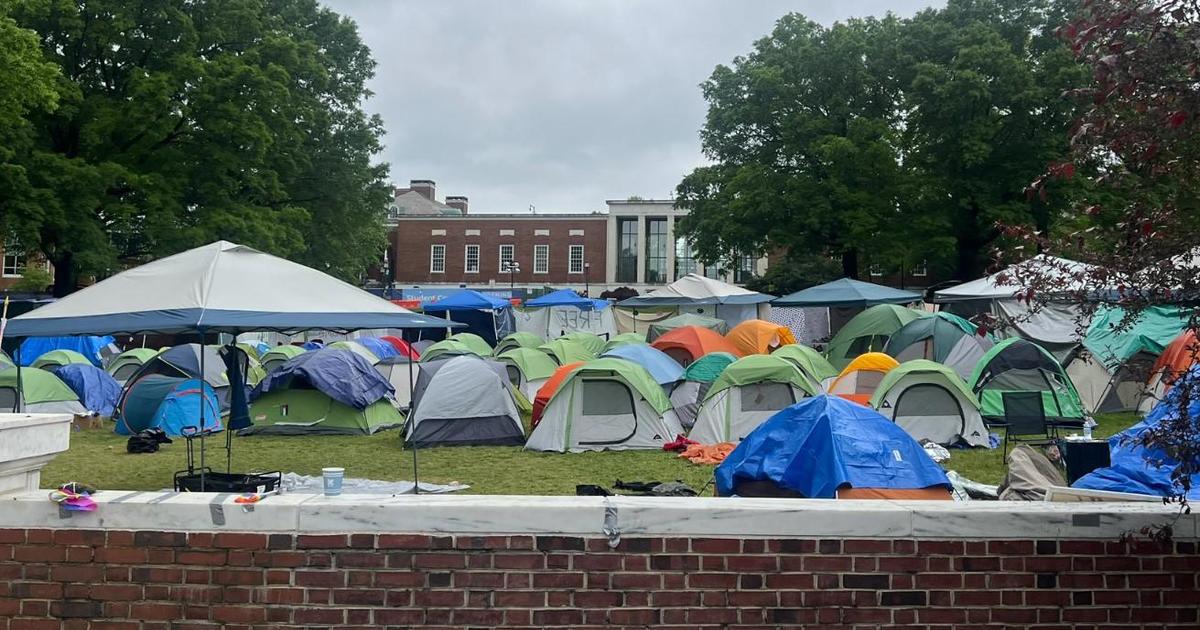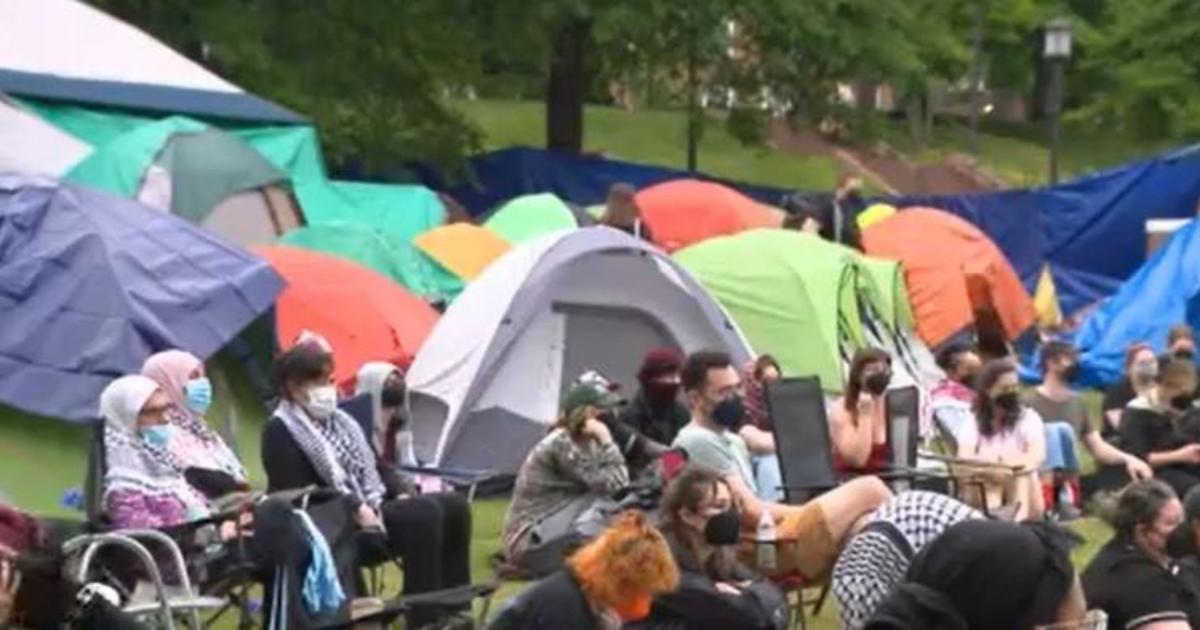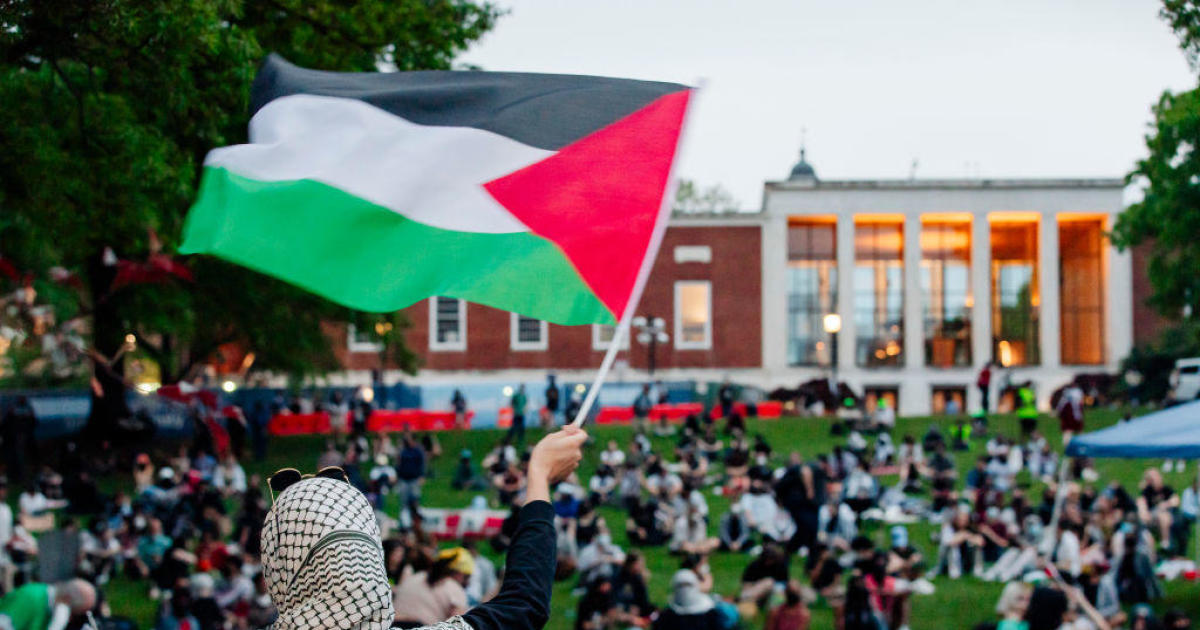Is Safe Streets reducing shootings in Baltimore? See the new Johns Hopkins report
BALTIMORE -- Johns Hopkins researchers said in a newly released report that they have documented a more than 20% decrease in homicides and non-fatal shootings in neighborhoods where Safe Streets has a presence.
Safe Streets was formed in Baltimore in 2007 in McElderry Park. The gun violence reduction program uses "violence interrupters." These are people who are known in the community. The violence interrupters are tasked with mediating disputes before they turn deadly.
The report found some neighborhoods with a Streets Streets outpost did see increases in violence, including in Baltimore's Brooklyn and Bel Air-Edison neighborhoods.
There were notably large reductions in Park Heights, Franklin Square and McElderry Park, though, according to the report.
Eric Reyes lives across from the Safe Streets office in Brooklyn, where homicides rose more than 20% during the study period.
In his view, the program has not made the neighborhood safer.
"It has gotten worse," Reyes told WJZ Investigator Mike Hellgren. "It's like you can't come out of your house or nothing to go walk around the neighborhood without being killed."
But Brooklyn is an outlier.
In most communities with Safe Streets, Johns Hopkins researchers found homicides are 22% lower—and 48 percent lower in Park Heights.
Non-fatal shootings are down 84% in West Baltimore's Sandtown-Winchester neighborhood.
Lead researcher Daniel Webster admits there could be other factors at play. They include other anti-violence programs serving the same area.
Still, he feels the Safe Streets model works.
"For our two main measures, homicides and non-fatal shootings, if you look at eleven neighborhoods, we saw reductions in eight of them," Webster said.
Safe Streets has not been without problems, including the murders of several workers over the past two years.
The program has also been plagued with high turnover and a high number of vacant positions.
"We should not expect violence interrupters to be miracle workers. They're there doing a very important job, but they need help," Webster said.
Mayor Baltimore Scott has stuck by the Safe Streets program.
He said in a statement after the Hopkins' findings were released that he was "proud of the Safe Streets staff members who work tirelessly to mediate conflicts and promote peace in our communities."
"Together, we are committed to delivering improved public safety outcomes for all Baltimoreans," he said.
Webster said that Johns Hopkins will soon begin a deeper dive into Safe Streets to see why some neighborhoods see different results than others.
"In many places and time periods, they were not fully staffed, they were not fully trained, and in some places, they were dealing with great trauma when they were losing their co-workers," Webster told Hellgren. "So a lot of challenges over time and place. I think in more recent times, there is greater investment in the workers."
His report said for every dollar spent on Safe Streets, the return on investment is $7 to $19.





